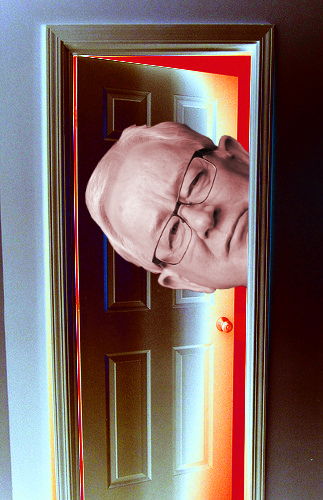Trans-Pacific sellout coming soon
 Federal Trade Minister Andrew Robb says it could be a matter of days until a shadowy trade deal is signed, and everyday Australians lose some of their rights.
Federal Trade Minister Andrew Robb says it could be a matter of days until a shadowy trade deal is signed, and everyday Australians lose some of their rights.
Robb says he believes agreement on the Trans-Pacific Partnership Agreement (TPPA) is imminent.
TPPA negotiators have spent the last few years working out how to build a trade bloc around the Pacific rim, which would encompass economies worth about 40 per cent of global GDP, including Australia, the US, Japan and Canada.
The trade talks have been happening under a very thick veil of secrecy, which some say is due to the fact that if more people knew what was going on, citizens might be spurred to revolt.
“Everyone seems to be in a mood to find some common ground so that we can get this major, major agreement off the ground,” Robb said.
Only a few hints of the backroom dealings have been exposed, and they only came to light thanks to the efforts of whistleblowers and supporting groups such as WikiLeaks.
From the little that is known publically, many Australians are concerned about the inclusion of an investor-state dispute settlement (ISDS) clause, which would allow corporations to sue Australian government over laws passed by parliament.
For example, some say it would allow US tobacco companies to take legal action against Australia’s plain cigarette packaging.
This is just one of many potentially-damaging provisions of the TPPA.
The deal has faced light opposition in several countries, including the US.
But Mr Robb says “the [US] Congress is dominated by Republicans now, and in fact the Republicans are more likely to vote for this sort of agreement.”
“The chief US trade negotiator Mike Froman, I know from personal contact with the congressmen over there, he's been keeping them abreast the whole way through.”
“It's got to get through every country's parliamentary procedure, including our own.
“I'm not taking any of that for granted, but I think if we do a deal that is as fair and as attractive as the other three [free trade agreements with China, Korea and Japan] were last year, then we should be able to get it through our parliamentary process, and get bipartisan support as we have with the others,” Robb said.








 Print
Print